Optimize Your Sleep Quality : Sleep Better, Feel Better
Ever felt like you’re dragging through the day, tired and can’t focus? You’re not alone. Sleep quality isn’t just about how long you sleep. It’s about how well your body and mind recharge at night.
Sleep deprivation can really hurt your daily life. It affects your energy and mood. Learning to improve your sleep hygiene can greatly improve your health and productivity.
Modern life makes it hard to keep a good sleep schedule. Things like irregular hours, digital distractions, and stress can hurt your sleep. But, with the right strategies, you can get better sleep and wake up feeling refreshed.
Table of Contents
Key Takeaways
- Quality sleep is crucial for physical and mental well-being
- Sleep hygiene directly impacts daily performance
- Consistent sleep schedules can improve energy levels
- Small lifestyle changes can significantly enhance sleep quality
- Understanding sleep patterns helps optimize rest
Understanding the Science of Sleep and Its Impact on Health
Sleep is a complex process that’s key to your health and happiness. You spend about one-third of your life sleeping. Knowing how sleep works can help you rest better and live a better life.
Your body has a system called circadian rhythms that controls when you sleep and wake. These rhythms are affected by light and tell you when to be awake or tired. Special cells in your eyes send light signals to your brain, affecting your sleep and melatonin levels.
The Sleep Cycle and Its Stages
Sleep is not just one state but a series of stages:
- Stage N2: Makes up about 50% of your sleep time
- Stage N3 (Deep Sleep): Takes up 10-20% of your sleep
- REM Sleep: Makes up 20-25% of your sleep each night
How Sleep Affects Physical and Mental Well-being
Not getting enough sleep can harm your health. Studies link it to:
- Higher blood pressure
- More heart disease risk
- Greater diabetes risk
- More depression
The Role of Circadian Rhythms in Sleep Disorders
Sleep disorders often come from disrupted rhythms. Night shift workers, for example, struggle with sleep. Genetics also play a part, affecting conditions like narcolepsy and restless legs syndrome.
For the best health, adults should sleep 7-9 hours each night. By understanding and following your body’s natural sleep needs, you can greatly improve your health.
Creating the Perfect Sleep Environment
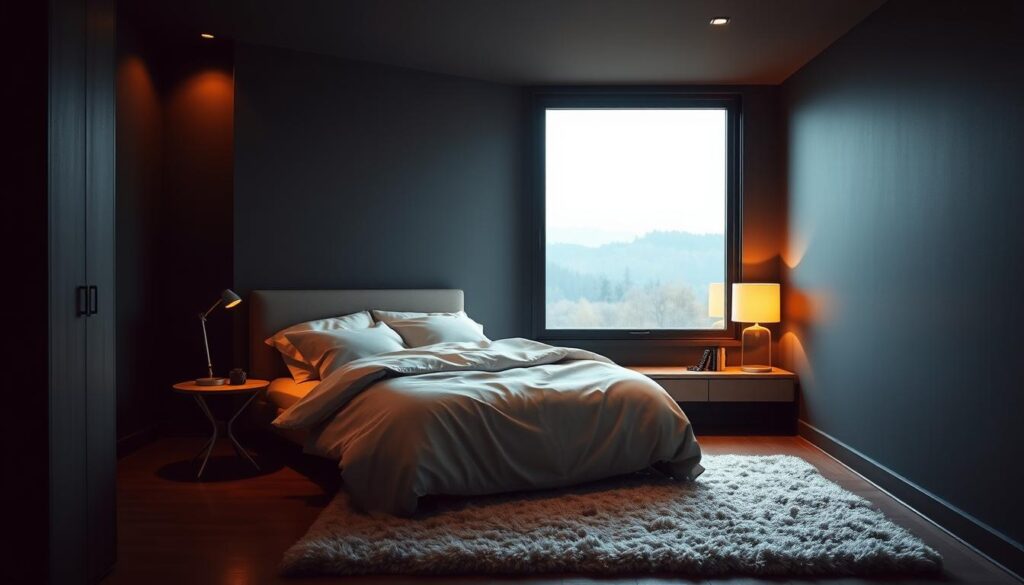
Making your bedroom a sleep haven is key for good nights. It should be a calm place for deep sleep. The right mattresses and pillows are essential for this peaceful space.
Here are important things to think about for your sleep space:
- Temperature Control: Keep your bedroom at 65 degrees Fahrenheit for the best sleep.
- Lighting Management: Use blackout curtains to block out light that can disrupt sleep.
- Noise Reduction: White noise machines can help reduce noise that keeps you awake.
When picking mattresses, think about what feels best for you. Studies show medium-firm mattresses are great for support and avoiding back pain. Try different pillows to find the one that works best for you.
Aromatherapy can make your sleep space even better. Lavender and peppermint oils can calm you down and signal it’s time to sleep. Also, keeping your room tidy can boost your mood and sleep.
- Invest in high-quality pillows that support your spine.
- Regularly wash your bedding to cut down on dust mites and allergens.
- Stick to a bedtime routine to help your body get ready for sleep.
Even small changes in your sleep space can make a big difference. Your bedroom should be a place only for rest and relaxation.
Lifestyle Habits for Better Sleep Quality
Your daily habits greatly affect your sleep quality. Knowing how lifestyle choices impact sleep can help avoid sleep deprivation. It also reduces risks of sleep disorders like sleep apnea.
Exercise and Physical Activity Timing
Regular exercise is key for good sleep. The Physical Activity Guidelines for Americans suggest 150 minutes of weekly exercise for better sleep. Timing is very important.
- Do vigorous workouts at least 3 hours before bedtime
- Light evening stretching can help relax you
- Avoid intense exercises close to bedtime
Dietary Choices and Their Impact
Your diet affects your sleep quality. A 2023 study found that drinking caffeine late at night cuts sleep by 45 minutes.
| Food/Drink | Sleep Impact | Recommended Timing |
|---|---|---|
| Caffeine | Disrupts sleep onset | Avoid after 2 PM |
| Alcohol | Fragments sleep cycles | Limit evening consumption |
| Heavy Meals | Interferes with digestion | Eat 3 hours before bed |
Stress Management Techniques
Managing stress is key to avoiding sleep deprivation. Use relaxation methods to enhance sleep:
- Practice deep breathing exercises
- Try progressive muscle relaxation
- Meditate for 10-15 minutes before bed
- Create a consistent bedtime routine
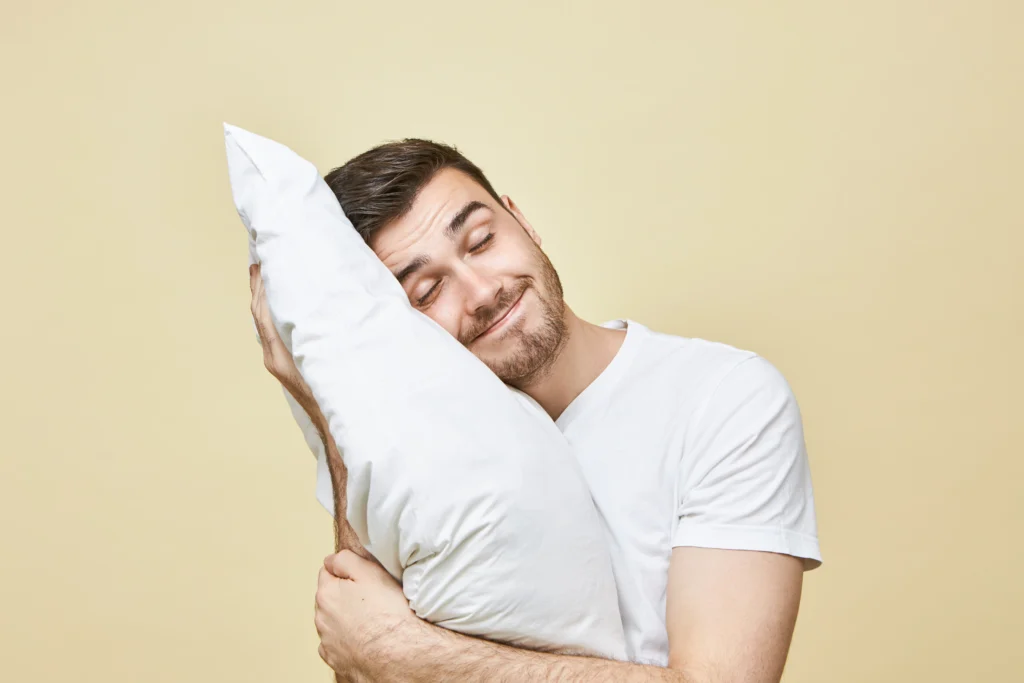
By adopting these lifestyle habits, you can greatly improve your sleep quality. This can also lower the risk of sleep disorders like sleep apnea.
The Power of Sleep Hygiene Practices
Sleep hygiene is key to better sleep and fighting insomnia. With 50 to 70 million Americans struggling with sleep, good sleep habits can change your nights.
Having a regular sleep routine is essential. Your body likes routine, and a set bedtime signal tells your brain it’s time to relax.
- Maintain a consistent sleep schedule, even on weekends
- Create a relaxing pre-sleep routine
- Reduce electronic device exposure before bedtime
- Optimize your bedroom environment
Temperature is important for sleep. Experts say keep your bedroom between 66 and 70 degrees for best sleep. Also, avoid light for at least three hours before bed to help your body make melatonin.
Good sleep is not a luxury—it’s a necessity for your physical and mental well-being.
Overcoming insomnia takes time and effort. Stick to these sleep habits to slowly get better sleep. Changing your sleep habits is a journey that needs dedication and lifestyle changes.
Tracking and Improving Your Sleep Quality
Sleep tracking is a key tool for understanding your sleep habits. It helps spot health issues early. With 35% of Americans struggling with sleep, it’s vital to monitor your rest.
Modern tech makes tracking sleep easy. Wearables and apps give detailed insights into your sleep. They track heart rate, breathing, and sleep stages.
Wearable devices and apps track your sleep efficiency. Most people sleep about 85% efficiently. They show how long it takes to fall asleep and how much deep sleep you get.
These tools uncover important sleep information. They can detect sleep disorders like sleep apnea. They also show irregular sleep patterns.
Understanding sleep tracking data takes time and effort. Experts say to track sleep for weeks to see patterns. Keep an eye on your bedroom’s temperature, screen time, and daily activities.
The goal is to sleep 7 to 9 hours each night. Tracking helps you see how close you are to this goal.
If tracking shows ongoing sleep problems, see a doctor. Dr. William C. Dement’s work shows sleep issues are serious. By tracking and understanding your sleep, you can improve your health.
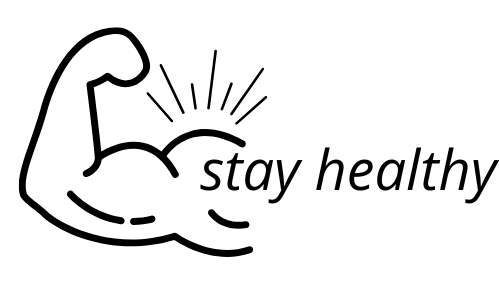
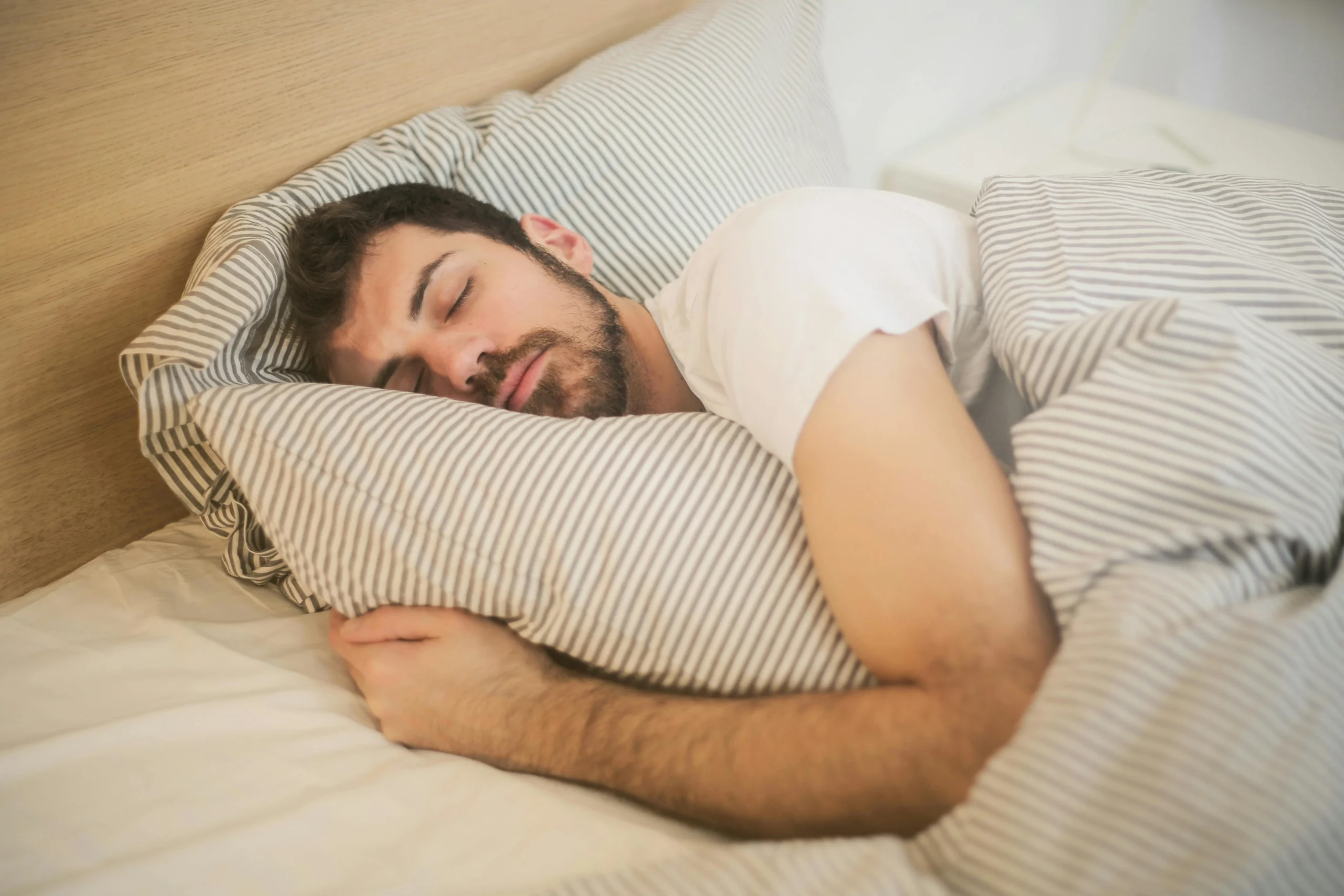
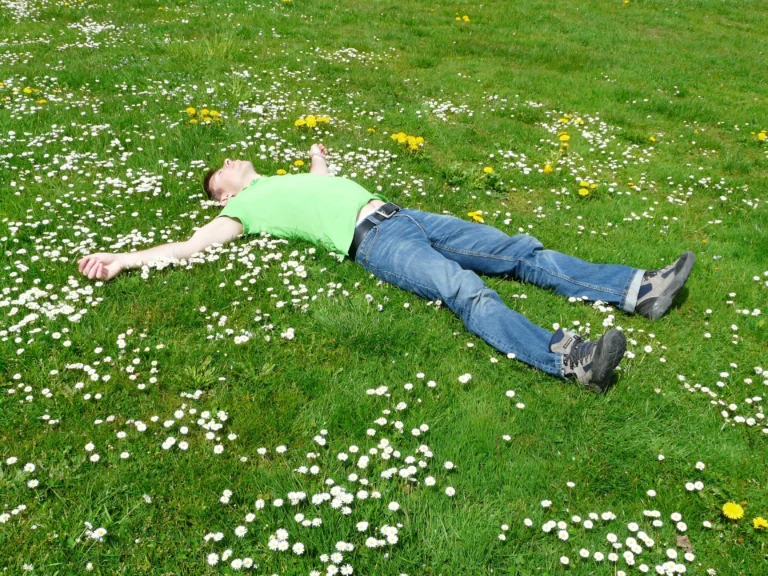
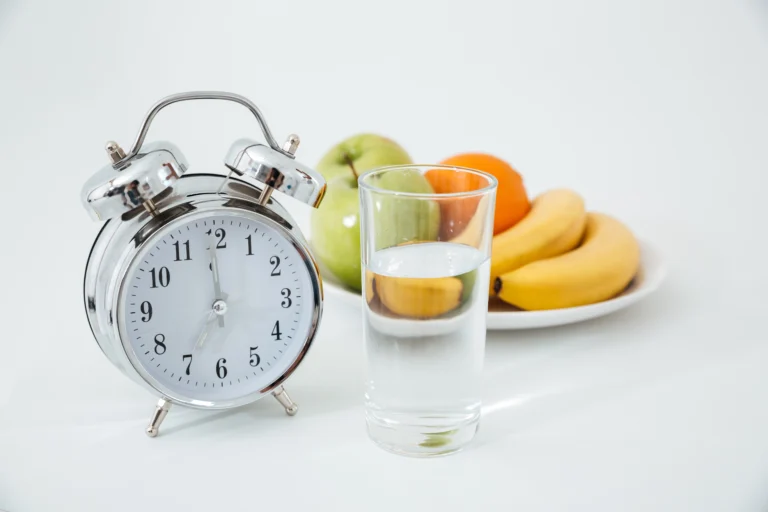

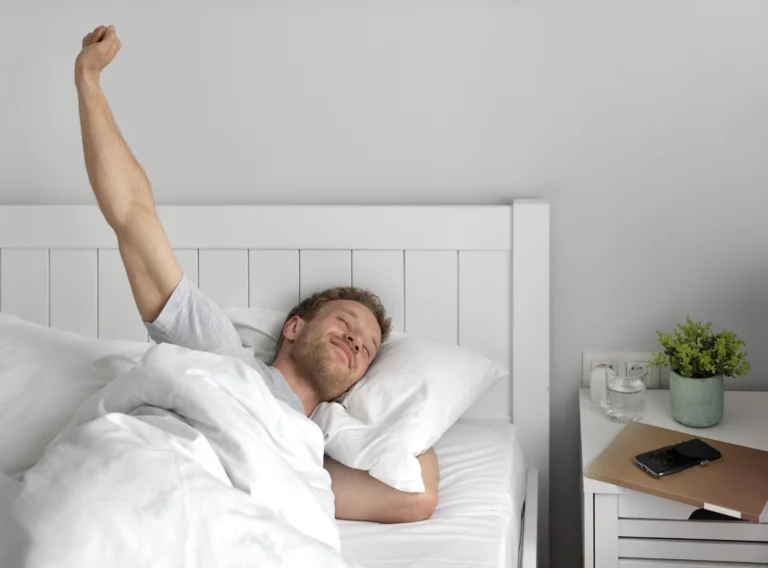


One Comment
Comments are closed.